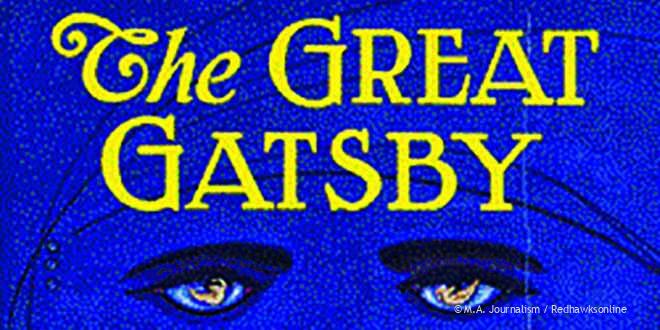Depending on their emotions and mood, individuals may listen to certain music or gravitate towards characters based on what they are “seeking”
“I think I seek the passion in art,” said freshman Grace Anderson. “I think no matter what it is, but especially in musical theater and songs and in books, it is all about the passion that is inside the story.”
For thousands of years, literature, music and other types of art have been studied and enjoyed by readers and viewers all over the world. Art is something that an individual of any background can connect with. A teenager feeling down may put on a sad song; a frustrated adult may pick up a favorite book; a joyful individual may splash paint onto a canvas.
Though art can often be a source of comfort as well as of joy, the question of what individuals are searching for remains.
Junior Elizabeth Shogren explained that the kind of music she listens to depends on her mood.
“When I am in a sad mood I will listen to slow, soft songs,” she said. “If I am happy I listen to more upbeat, pop songs.”
Anderson points out that individuals may be drawn to art when they are feeling down or sad because “their emotions are so eloquently put into another kind of genre that they feel is relatable.” She also noted that “art has to be relatable for people to click into it and love it.”
Literature in particular allows the reader to relate to the journeys of characters who may be struggling, thriving, suffering, adventuring. While literature studies often involve discussions of the morals of characters, english teacher Katherine Myers argues that characters cannot be judged in such black and white terms as “moral” and “immoral.”
Rather, the journey the character is on and the message of that character is what truly impacts a reader.
“It isn’t that I think we can categorize characters so quickly, just like we can’t categorize ourselves,” said Myers.”I think what it depends on is the truth that the character speaks to the reader…[We relate to] a character on a journey, absolutely, a character seeking moral ground, yes. A character who has landed on that moral ground is inspiring, but the connection is different.”
While individuals may often seek relatability with characters who have moral values, Shogren also points out that immoral characters can be found fascinating.
“I relate more to the moral characters but I am more interested in the immoral characters,” she said. “Seeing their decisions and the way others judge them interests me about how society views people.”
Myers points out a well known character who is branded as immoral, but with whom readers connect: Hester Prynne from Nathaniel Hawthorne’s The Scarlet Letter.
“Hester Prynne is categorized as immoral, but we read her as moral because of her care for others and her journey toward self discovery and that she continues to put forward her true self,” she said. “Who it is that we want to know and discover and follow is Hester, but she has been shown to be this immoral character.”
Anderson agreed that immoral characters may have a draw, but in the end characters who are flawed and journeying may be more appealing to readers seeking relatability, comfort and understanding.
“I think characters who are flawed are a big draw for people because they are flawed,” she said. “They are not perfect, they are not the ideal person. Characters that are real and have real traits are more relatable to people and easier for them to connect to.”
Though Myers agreed that individuals seeking relatability can often connect with a journeying character, she also emphasized that readers or viewers are drawn to moral characters in general.
“Yes, I think in literature with a flawed character there is a journey, and are we attracted to that character? Maybe sometimes and maybe not. We are drawn to the moral character but we can relate to the journey.
No matter what an individual may be looking for when they read a book, listen to music or view art, Myers points out that in the end, what individuals are really after is truth and relatability.
“I think because we seek truth, we are all on this journey in going through trials and hoping we become better and seeing these places where we are not the best friend or we are not the kindest to our parent or we have these downfalls.
So, when we see a character journey and yet make it through it and becoming their better selves, we too hope we can do that.”

